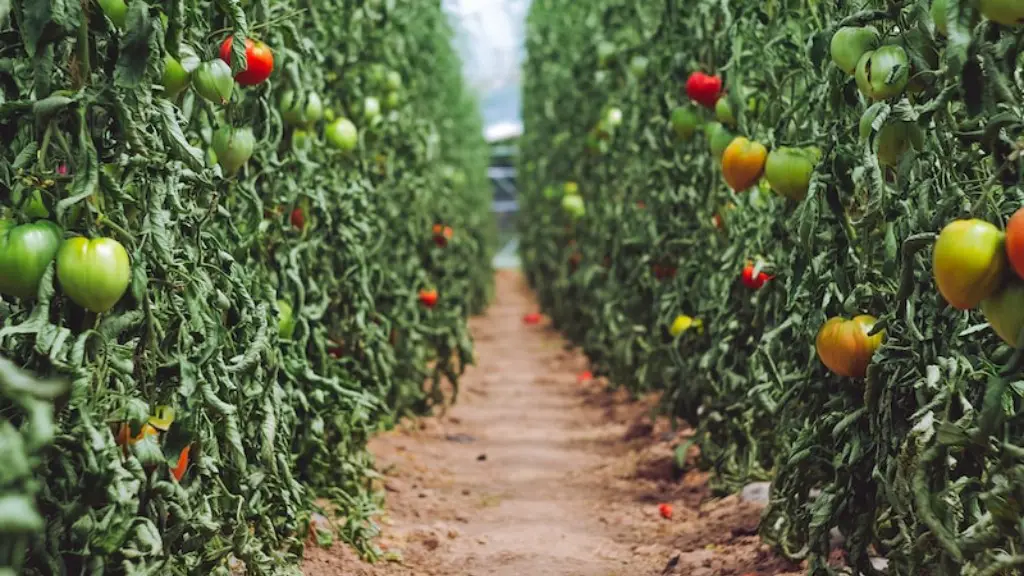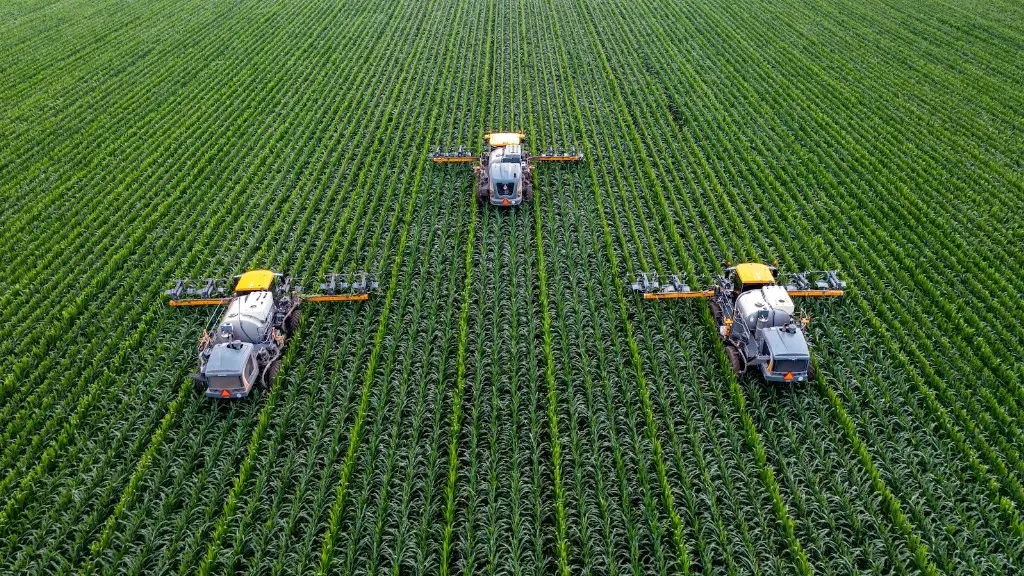Humic acid has been constantly gaining popularity within the agricultural industry as it offers numerous benefits to crops such as improved fruiting and growth, enhanced fertility and improved nutrient absorption. Here’s how to use humic acid in agriculture:
1.Start off by considering the required pH level for optimal results – humic acid is most effective at a pH level of 6.5, so first use a soil testing kit to assess the acidity of your soil.
2.Next, you’ll need to establish the quantity of humic acid you’ll be adding to your soil. This will depend on the type of plants you’re growing and their current nutrient deficit. Once you’ve worked out the precise requirements, calculate a dosage of humic acid that can be added to the soil.
3.Now apply the humic acid to the soil, ensuring that you evenly spread the material over the entire surface. This will help to ensure the maximum benefits are achieved in the shortest possible timeframe.
4.Lastly, water the soil after application to ensure that the humic acid is absorbed properly. This will give you the best chance of maximising the benefits it provides to your soil and, therefore, your plants.
Benefits of Humic Acid in Agriculture
Humic acid has numerous beneficial effects on soil when it is applied correctly. Firstly, it increases the cation-exchange capacity of the soil, which means that fertilizer is able to bind more effectively to the soil particles and release those nutrients slowly and over a longer period of time. This reduces waste and allows the soil to maintain its fertility for longer.
Humic acid also helps to reduce soil compaction, which enhances water infiltration, helps avoid damage to soil surface and improves root penetration. This is because humic acid aids in the aggregation of soil particles, allowing for better aeration, pore size and porosity – essential factors for the growth of crops.
Humic acid also aids in nutrient uptake, helping plants to get the most out of their fertilizer and enabling them to last longer. Furthermore, it helps to reduce the loss of nutrients from leaching, as humic acid acts as a supplemental nutrient source, improving the availability of essential elements in the soil.
Additionally, humic acid enables the soil to better absorb and retain moisture, improving water efficiency and saving farmers time and money in terms of irrigation, as well as reducing the risk of water contamination.
Finally, humic acid has the added benefit of being completely natural, making it an ideal choice for organic and sustainable farming.
The Pros and Cons of Humic Acid in Agriculture
The advantages of using humic acid in agriculture are obvious; however, there are also some drawbacks to consider. Firstly, humic acid is a costly product and may not always be financially feasible for farmers, especially those with small-scale operations.
Additionally, some humic acid products are considered hazardous, as they can contain aluminum, which is toxic in high levels. As a result, when it comes to buying humic acid, you should always check to see if it has been certified by a reputable agency.
Moreover, due to its acidic nature, humic acid can also alter soil pH, making it difficult for farmers to maintain a consistent and neutral soil pH level. This could result in decreased crop yields if the soil isn’t correctly monitored.
Finally, humic acid can also be challenging to manage, as it involves proper understanding of its application, dosage and timing and an accurate soil testing process prior to its use.
How to Obtain Humic Acid for Agriculture
Humic acid is a fairly simple product to obtain, as it can be delivered directly to a farm, purchased in stores as a concentrate, or as a liquid/powder that can be spread out across a field or blended with fertilizer or other soil amendments.
However, it is important to note that the quality of humic acid products varies and some may contain residuals such as heavy metals and pesticide residues. As such, it is essential to buy from a trusted brand or supplier that guarantees its humic acid is free from any contaminants.
Organic humic acid is also an ideal choice for organic farmers, as it is naturally occurring and free from synthetic additives.
Using Humic Acid Safely
When using humic acid, adequate safety precautions must always be taken. Firstly, you should wear a face mask and gloves when applying humic acid to your soil as it can be a skin irritant.
Secondly, avoid direct contact with the eyes, nose and mouth. If humic acid does make contact with any of these areas, rinse the area immediately and thoroughly with water.
Thirdly, always store humic acid in a cool, dry place and keep it out of reach of children. If spilled, dispose of it immediately and make sure to clean the area to remove any residue.
Alternatives to Humic Acid in Agriculture
If humic acid isn’t suitable for your farming operation, there are a number of agricultural products that can provide similar benefits. Compost is a popular choice, as it helps to reduce nutrient leaching and improves cation-exchange capacity. Manure also helps to reduce compaction, enhance water infiltration and improves soil quality.
Biochar is another option for farmers looking to improve their soil quality, as it provides essential microbial inoculants and carbon sources, increases nutrient retention and improves water-holding capacity.
Finally, gypsum can be used to reduce the levels of free calcium carbonate in alkaline soils, helping to increase crop yields. It also increases the availability of essential minerals and reduces surface crusting.





